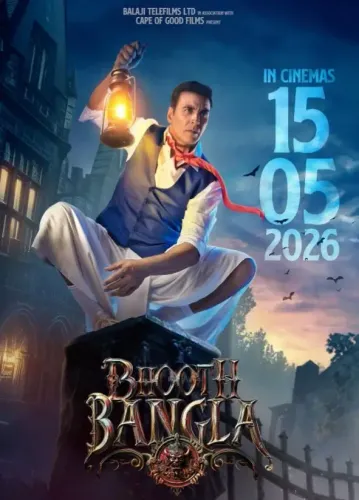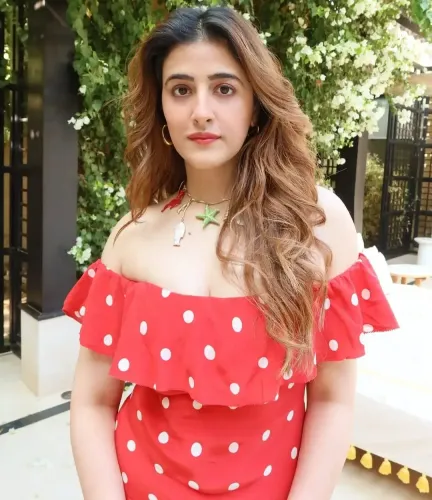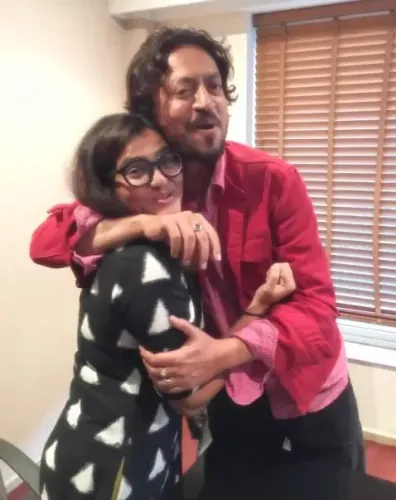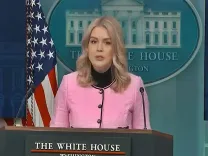How Is Manasi Parekh Influencing Gujarati Cinema with Female-Centric Scripts?
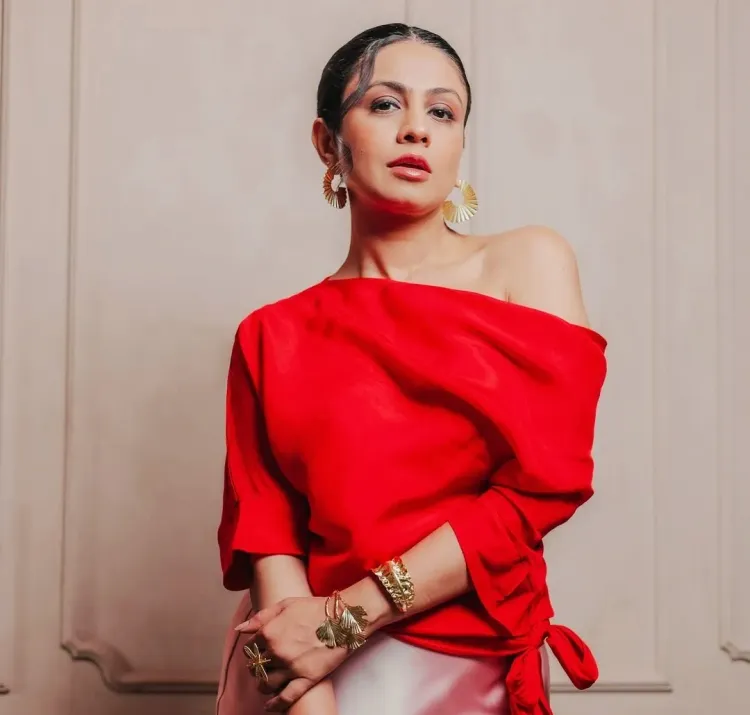
Synopsis
Key Takeaways
- Manasi Parekh is committed to enhancing female representation in Gujarati cinema.
- Her role in Shubhchintak showcases a new direction for female characters.
- She believes that the industry is evolving to include more strong female leads.
- Manasi and her partner are working to make Gujarati culture more appealing to younger audiences.
- The increasing interest in regional films is a sign of positive change.
Mumbai, May 20 (NationPress) National Award-winning actress Manasi Parekh, known for her role in the upcoming Gujarati dark comedy thriller Shubhchintak, shared insights on the transformation of regional cinema. She emphasized that her aim has been to elevate the standards for female-oriented scripts in Gujarati films.
Reflecting on her latest character in ‘Shubhchintak’, Manasi elaborated on the variety of roles she has taken on throughout her career.
“In Kutch Express, I portrayed a submissive wife. In Jhamkudi, I transformed into a witch terrorizing a village. In Dear Father, I played a headstrong daughter-in-law who defies her father-in-law’s wishes,” she explained.
“Yet, my character in Shubhchintak is completely different. I portray a girl who honey-traps a wealthy man to avenge her brother’s death. Each role I embrace is unique, and this one is unlike anything I’ve attempted before.”
She noted that this role includes numerous action stunts she had never tried before.
“It presents new challenges for me as a performer. Meghna’s character has been a fantastic role to embody, and I am truly thankful for this chance.”
On the subject of regional cinema's growth, she commented: “An increasing number of audiences are engaging with films in regional languages. In Gujarati cinema, many new projects are being produced, and I believe my contribution has been to raise the standards for female-centric narratives and ensure powerful female characters are depicted.”
She acknowledged that the industry has traditionally offered limited roles for women. Although challenges persist, Manasi is dedicated to tackling them by investing in narratives that spotlight female protagonists.
“There are more roles for women being written now, and I feel I have a role to play as an actress. As producers, Parthiv and I are working to make it more appealing for the younger generation to speak Gujarati, sing Gujarati songs, and enjoy Gujarati films. We genuinely believe this change is underway, and that’s our contribution,” she concluded.


